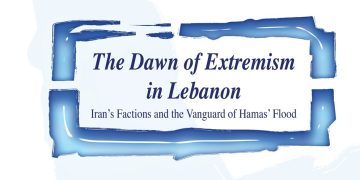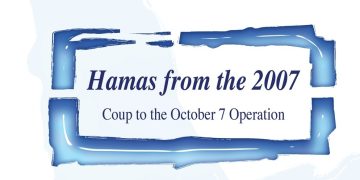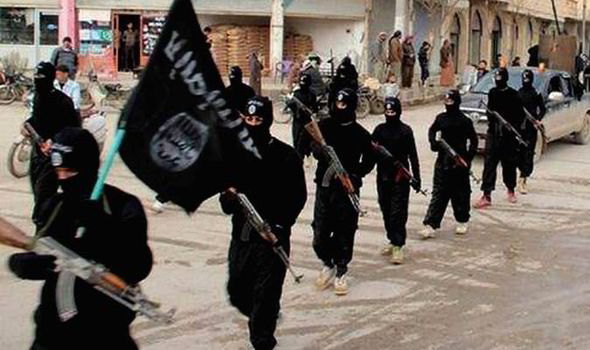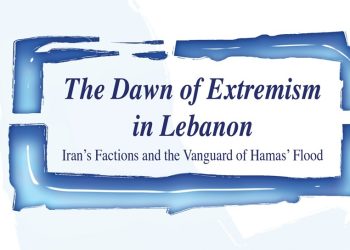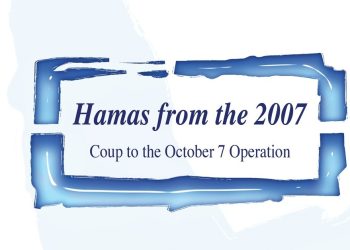Sara Brzuszkiewicz
Fundamentalists, extremists, radicals, jihadists: according to Mohamed Bin Ali[1], a more accurate term to describe Islamic State’s Fighters is probably ‘Khawarij’, ‘Neo-Khawarij’ or ‘Modern-Day Khawarij’.
The term Khawarij refers to a group of Muslims in the early days of Islam believed to be the first violent movement in Islamic history. The ideology and characteristics of the Khawarij and IS show similarities between the two.
These terms are not clearly defined while others simply define them based on mere assumptions and not on facts and knowledge.
A more accurate term to describe the likes of IS fighters, one which has been recognised by many Muslim scholars today, is “Khawarij”.
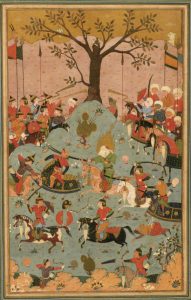 The term Khawarij (English: Kharijites) comes from the Arabic word karij, “out”. It refers to a group of Muslims who were initially followers of the fourth caliph of Islam, Ali Bin Abi Talib, who was the cousin and son-in-law of Prophet Muhammad. This group which was later known as Khawarij went against Ali and broke away from him, excommunicated Ali and subsequently killed him after the battle battle of Siffin between Ali and Muawiya (657).
The term Khawarij (English: Kharijites) comes from the Arabic word karij, “out”. It refers to a group of Muslims who were initially followers of the fourth caliph of Islam, Ali Bin Abi Talib, who was the cousin and son-in-law of Prophet Muhammad. This group which was later known as Khawarij went against Ali and broke away from him, excommunicated Ali and subsequently killed him after the battle battle of Siffin between Ali and Muawiya (657).
Historically, Kharijites were probably the first Muslim group practising takfir, and many contemporary Muslim scholars have also labelled groups such as IS as the modern-day Khawarij or Neo-Khawarij because of their common characteristics, such as revolting against fellow Muslims and takfirism.
More broadly, takfirist groups are guilty of ubris, the worst of the sins in the Classical Greek culture. The term ubris has a complex meaning, including arrogance and dangerous overconfidence that might lead the individual to put himself at the same level of God.
It is not by chance that the Islamic State’s fighters do not like the term Khawarij: it brings them closer to violate the absolute tahwid, and it equates them to a groups that was considered apostates in the Quran. The Prophet Mohammed warned about them being false Muslims.”
The current leader of Al Qaeda, Ayman al-Zawahiri, referred to the followers of ISIS leader Abu Bakr al-Baghdadi by the name.
The power of naming and labelling should occupy a relevant position both in counterterrorism (CT) and countering violent extremism (CVE) strategies.
Taken to the extreme, ubris inevitably causes the downfall of the subject. Let’s accelerate the process.
[1] M. Bin Ali, Labelling IS Fighters: Khawarij, Not Jihadi-Salafis, RSIS Commentary, S. Rajaratnam School of International Studies. [https://www.rsis.edu.sg/rsis-publication/rsis/co18063-labelling-is-fighters-khawarij-not-jihadi-salafis/#.Ws3eQZdRWUk].



